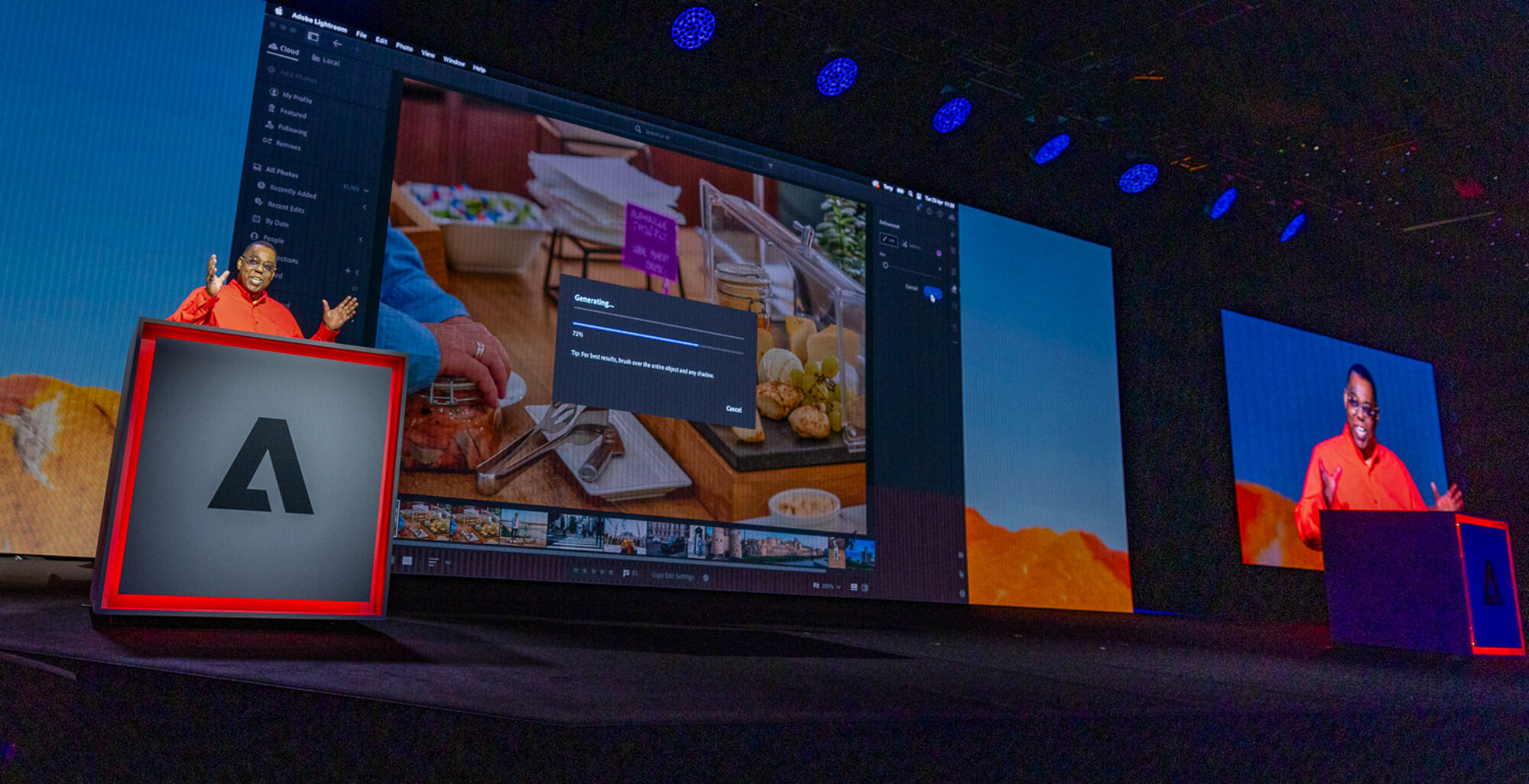Leading Reasons to Follow the Best tech blog for Tech News and Tutorials
Leading Reasons to Follow the Best tech blog for Tech News and Tutorials
Blog Article
Exactly How Blockchain Technology Is Revolutionizing Information Safety And Security
Blockchain innovation is basically changing the landscape of data safety and security by introducing a decentralized structure that guarantees boosted openness and resilience. Unlike traditional systems, which depend on centralized data repositories, blockchain distributes data across a network, decreasing vulnerabilities and solitary points of failure. Using sophisticated cryptographic techniques guarantees that information stays tamper-proof, fostering count on among stakeholders and individuals. As sectors swiftly adjust to this technology, questions occur about its more comprehensive impact and possible challenges. What effects does this change hold for future data security methods and governing frameworks? The answers may surprise you (Best tech blog).
The Fundamentals of Blockchain
Blockchain innovation, a revolutionary principle in electronic data administration, fundamentally transforms just how info is stored and secured. At its core, a blockchain is a distributed journal that tapes purchases across a network of computers, making certain openness and immutability.
Trick to understanding blockchain is the hashing process, which secures transaction data right into a special alphanumeric code. This cryptographic feature ensures that any change in the deal data causes a totally various hash, thus securing versus tampering. The agreement system, an additional essential element, validates and validates new purchases via a network of nodes, therefore eliminating the demand for a central authority.
Furthermore, blockchain's append-only framework ensures that information, as soon as added, can not be deleted or altered. This characteristic guarantees a irreversible and proven record of transactions, cultivating depend on amongst participants. Therefore, blockchain provides a durable framework for data stability, using sectors a trustworthy approach for monitoring and managing electronic info in a protected, transparent fashion.
Decentralization and Protection
Decentralization, a core concept of blockchain innovation, dramatically improves information safety by distributing control throughout a network rather than depending on a singular, centralized entity. By spreading information throughout numerous nodes, blockchain makes certain that also if one node is compromised, the entire network remains secure.

Furthermore, decentralization encourages users with greater control over their data. Each participant in the network has accessibility to the entire blockchain, permitting them to confirm and audit deals independently. This openness promotes count on amongst users, as they do not need to depend on a central authority to make certain information honesty. Generally, decentralization contributes in enhancing information safety and security in blockchain networks.

Cryptographic Strategies
At the heart of blockchain modern technology, cryptographic methods play an essential duty in securing data, guaranteeing both privacy and honesty. Cryptography in blockchain employs a mix of crooked and symmetrical formulas to secure information, making it accessible just to accredited celebrations.
Hash features are an additional vital part, changing input information right into a fixed-size string of characters, properly creating a distinct electronic finger print for each and every block. This makes sure that any type of effort to alter the data will result in an entirely various hash, therefore keeping the immutability of the blockchain. Furthermore, electronic signatures validate the credibility and honesty of purchases, offering a layer of non-repudiation.
The decentralized nature of blockchain, integrated with robust cryptographic strategies, eliminates the need for intermediaries, reducing prospective vulnerabilities. As blockchain modern technology evolves, improvements in cryptography such as zero-knowledge proofs and homomorphic next encryption proceed to enhance safety and security steps, better strengthening data security in this advanced electronic journal system.
Usage Instances Throughout Industries

In the healthcare industry, blockchain ensures the secure storage space and sharing of patient documents, advertising interoperability while safeguarding delicate data from unauthorized access. This innovation empowers individuals with control over their case history and promotes seamless sychronisation amongst healthcare companies.
Supply chain management advantages dramatically from blockchain's immutable journal, which ensures traceability and authenticity of items from origin to customer. By boosting openness, blockchain assists reduce concerns such as counterfeiting and unethical sourcing.
Furthermore, blockchain's decentralized nature is improving the power market by enabling peer-to-peer power trading, where customers can buy and sell excess sustainable energy directly. This cultivates an extra effective and sustainable energy community.
In the world of intellectual residential property, blockchain supplies a tamper-proof system for developers to register and safeguard their jobs, ensuring rightful acknowledgment and fair payment. These diverse usage instances you could try these out underline blockchain's role as a pivotal force in redefining information safety across industries.
Future of Information Defense
As we seek to the future of information security, blockchain modern technology is positioned to play a critical role in safeguarding electronic details. With its decentralized and unalterable qualities, blockchain offers a durable framework for securing delicate data against unapproved access and cyber threats. This technology makes sure that once information is videotaped, it is nearly impossible to alter without detection, thus offering a significant advantage over standard information storage techniques.
The integration of blockchain with various other sophisticated modern technologies, such as expert system and the Internet of Points (IoT), is anticipated to enhance information security strategies additionally. By leveraging smart contracts, organizations can automate and impose safety and security methods, reducing human error and raising efficiency. In addition, blockchain's capacity to provide traceable and clear transactions will certainly boost trust fund and accountability in information administration practices.
As governing landscapes develop, blockchain's compliance-friendly nature you can find out more will become progressively appropriate. It can help organizations satisfy stringent data defense guidelines, such as the General Data Security Law (GDPR) and the California Customer Personal Privacy Act (CCPA), by giving proven records of information handling tasks. Inevitably, blockchain's one-of-a-kind attributes position it as a transformative tool in the ongoing pursuit to secure the digital world versus ever-evolving cyber dangers.
Final Thought
Blockchain technology stands for a standard change in data protection by leveraging decentralization and cryptographic strategies to improve openness, trust, and information integrity. As cyber hazards evolve, blockchain arises as an essential device for durable information protection throughout numerous industries.
Blockchain innovation is essentially changing the landscape of data safety and security by presenting a decentralized structure that promises enhanced openness and strength. Unlike typical systems, which depend on centralized data repositories, blockchain distributes information throughout a network, minimizing susceptabilities and solitary factors of failure.Decentralization, a core concept of blockchain technology, dramatically enhances data protection by dispersing control across a network instead than depending on a single, central entity.At the heart of blockchain modern technology, cryptographic methods play a pivotal duty in safeguarding information, guaranteeing both confidentiality and integrity.Blockchain modern technology represents a standard shift in information security by leveraging decentralization and cryptographic techniques to enhance transparency, depend on, and information integrity.
Report this page